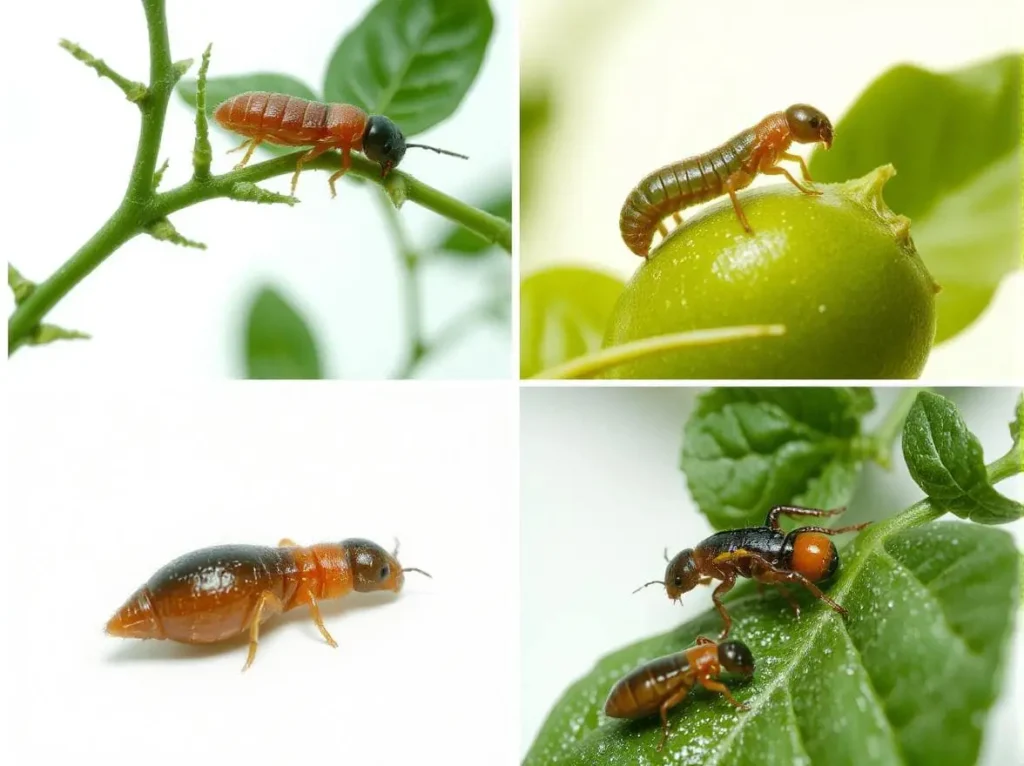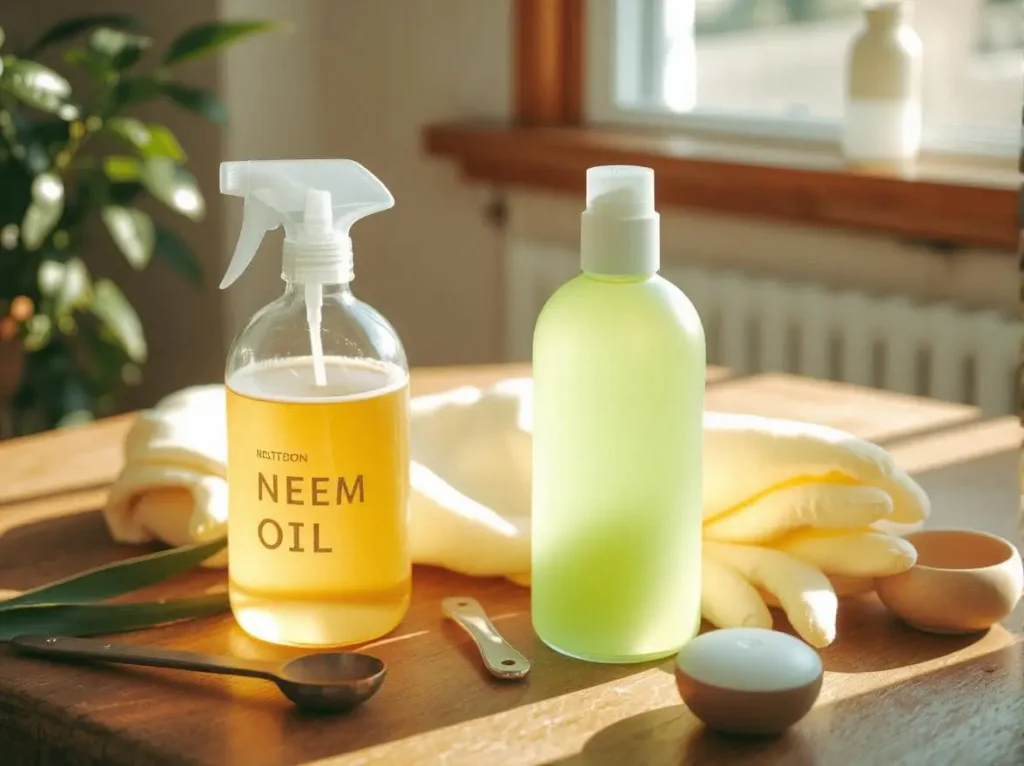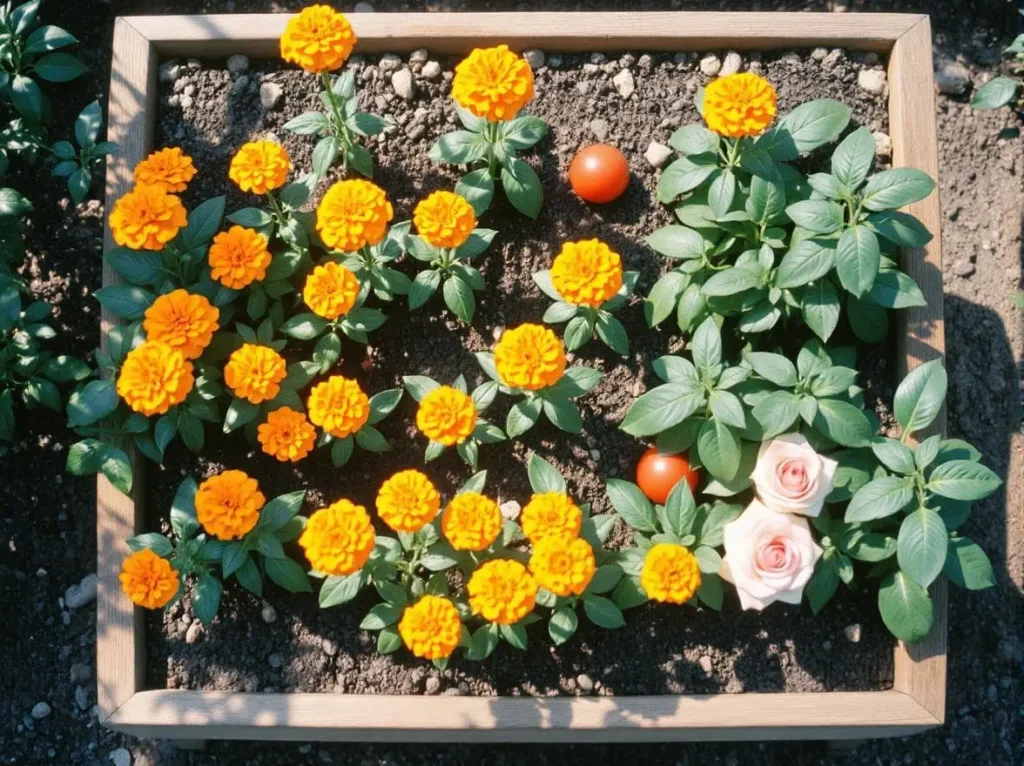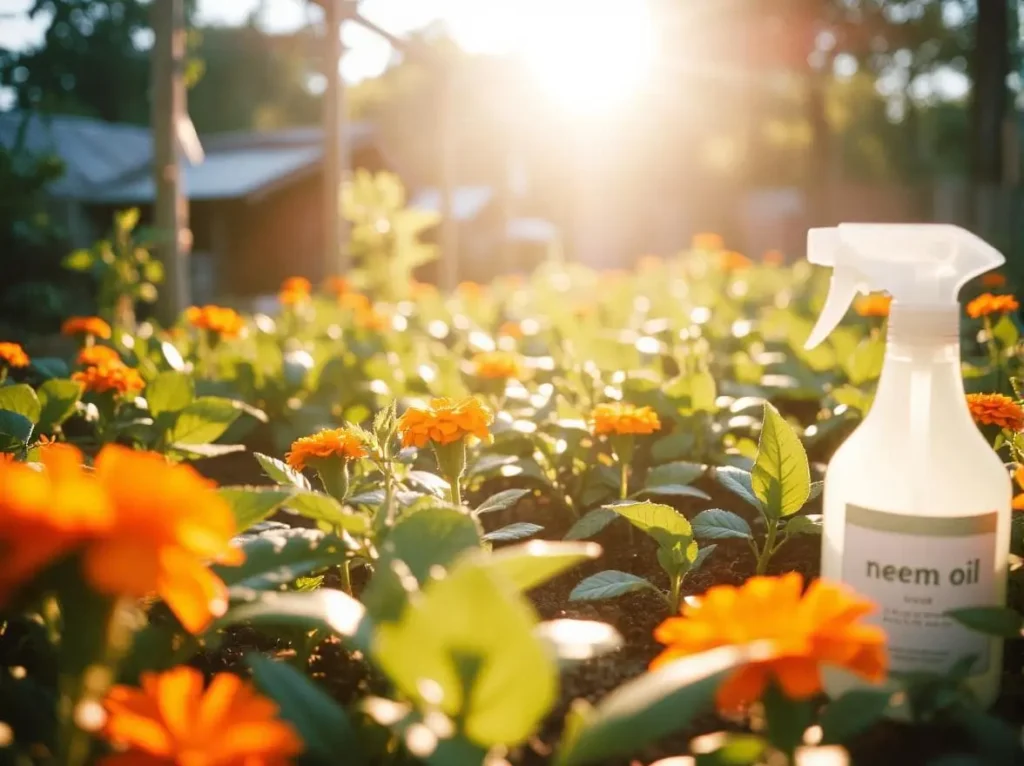Garden pests can turn your lush green sanctuary into a battleground. But before reaching for chemical sprays, consider nature’s toolkit. This guide dives into eco-friendly, research-backed strategies to identify and treat common Garden pests control while boosting your garden’s health. Updated for 2025, these methods align with Google’s EEAT principles—emphasizing expertise, experience, and trustworthiness—to help your blog rank faster and higher.
Table of Contents
Part 1: Identifying Common Garden Pests Control
Early detection is key to minimizing damage. Here’s how to spot invaders:
1. Aphids
- Signs: Clusters of tiny green, black, or yellow bugs on stems/undersides of leaves; sticky residue (honeydew) attracting ants 610.
- Damage: Curled, yellowing leaves and stunted growth.

2. Caterpillars
- Signs: Chewed leaves, holes in foliage, and visible larvae (e.g., tomato hornworms) 610.
- Damage: Defoliation and weakened plants.
3. Slugs & Snails
- Signs: Silvery slime trails, irregular holes in leaves, and damaged seedlings 512.
- Damage: Destroyed young plants overnight.
4. Spider Mites
- Signs: Fine webbing on plants, yellow speckling on leaves 610.
- Damage: Leaves turn brown and drop prematurely.
5. Whiteflies
- Signs: Cloud of tiny white insects when disturbed; sticky residue on leaves 610.
- Damage: Wilting and reduced plant vigor.
Part 2: Natural Treatment Methods
Prioritize prevention and targeted solutions to protect pollinators and soil health.
1. Neem Oil Spray
- How it works: Disrupts pests’ feeding and reproductive cycles without harming beneficial insects 912.
- Recipe: Mix 2 tsp neem oil + 1 tsp liquid soap + 1 quart water. Spray every 7–14 days 9.

2. Companion Planting
- Strategy: Marigolds repel nematodes; basil deters flies near tomatoes; garlic protects roses from aphids 4712.
- Pro Tip: Plant nasturtiums as a “trap crop” to lure aphids away from veggies 7.

3. Diatomaceous Earth (DE)
- How it works: A natural powder that dehydrates slugs, beetles, and ants. Apply around plant bases 912.
- Warning: Use food-grade DE and reapply after rain 9.
4. Beneficial Insects
- Ladybugs: Release 1,500 ladybugs to devour aphid colonies 1213.
- Lacewings: Attract them with yarrow or goldenrod to target spider mites 5.
5. Homemade Garlic-Chili Spray
- Recipe: Blend 6 garlic cloves + 2 hot peppers + 2 cups water. Strain, add soap, and spray 911.
- Effectiveness: Repels soft-bodied pests like aphids and beetles 9.
Part 3: Preventative Measures
Build a resilient garden ecosystem to avoid infestations.
- Healthy Soil: Enrich soil with compost and mulch to strengthen plants’ natural defenses 35.
- Crop Rotation: Break pest cycles by rotating plant families yearly (e.g., avoid planting tomatoes in the same spot) 310.
- Physical Barriers: Use floating row covers to shield seedlings from moths and beetles 712.
- Water Wisely: Avoid overhead watering to reduce fungal growth; opt for drip irrigation 35.
- Encourage Predators: Install bird feeders, bat houses, or frog ponds to attract pest-eating wildlife
Are natural remedies as effective as chemical pesticides?
Yes, when applied consistently. For example, neem oil reduces aphid populations by 80% within 2 weeks. However, they require more frequent application and early intervention.
How do I protect beneficial insects while treating pests?
Avoid broad-spectrum sprays like neem oil during peak pollinator activity (midday). Target only infested areas.
What’s the safest way to control slugs?
Use beer traps (bury shallow dishes filled with beer) or sprinkle coffee grounds around plants.
Can I use dish soap sprays on all plants?
No. Avoid sensitive plants like ferns and succulents. Test on a small area first
How do I prevent pests from returning?
Maintain garden hygiene (remove dead leaves), rotate crops, and plant pest-repelling herbs like mint and rosemary.
Conclusion
Natural pest control isn’t just about fighting bugs—it’s about fostering a balanced ecosystem. By combining identification skills, targeted treatments, and preventative practices, you’ll create a garden that thrives without chemicals.



Pingback: What to Plant in Spring: A Seasonal Gardening Starter Guide - gardendiyhaven.com
Pingback: Avoiding Common Gardening Mistakes: A Beginner’s Checklist - gardendiyhaven.com